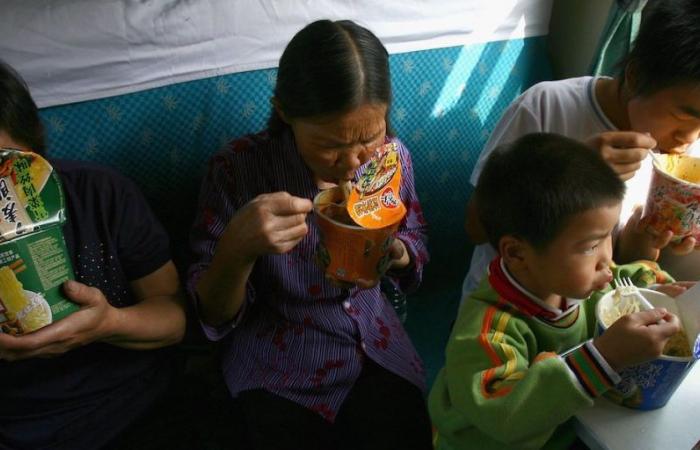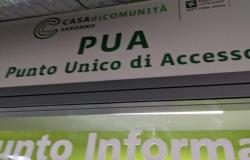In South Korea, on the volcanic island of Jeju, which is located in the East China Sea and is very popular with local tourists, the habit of hikers of eating instant noodles in broth (the canned ones to which water is added boiling) during mountain walks and spilling leftovers onto the grass is becoming a problem for the ecosystem. The consequences are being felt in particular on Mount Halla, the highest peak in South Korea at 1,947 metres, a UNESCO heritage site and with a rather delicate natural park, with rare native animal and plant species.
This habit is problematic because the broth of the noodles contains a lot of salt, which can end up in waterways and contaminate them, altering the ecosystem for insects and amphibians, but it can also cause problems for the more delicate plant species that are found within the natural park, and attract animals such as crows, badgers and weasels that would create a further imbalance in the ecosystem.
“Aquatic insects that only live in clean water, such as dragonflies, dragonfly larvae, and salamanders on Jeju Island, cannot survive due to exposure to salt,” a post on the nature park’s Facebook page read in March. “In addition, special plants on Mount Halla are dying out in the contaminated soil due to the soup dumped near the shelter.”
In general on the island the rules for hikers are very strict: everywhere on the mountain routes there are signs indicating prohibitions on smoking, drinking alcohol and leaving rubbish around, which are punished with very high fines, over One thousand Euro.
However, at certain points, such as the Witse-oreum shelter, there are refreshment areas where visitors can eat food: typically instant noodles and ramen that they prepare with hot water that they carry with them in thermoses. Although the park has placed special 60-liter containers to throw away the broth and leftovers after eating, many hikers continue to pour it on the grass around the shelter.
@mukjbb Ramen at the top is the best #JejuIsland #jeju #1950m #Hallasan ♬ Original sound – JBB
According to the park authorities, it happens more during the high season, in spring and summer, when tourists pour up to 100-120 liters of broth into the environment per day. To prevent these behaviors, the park management office has launched a campaign with signs and informative posts on social media, but has also begun to carry out more frequent checks in the park.





